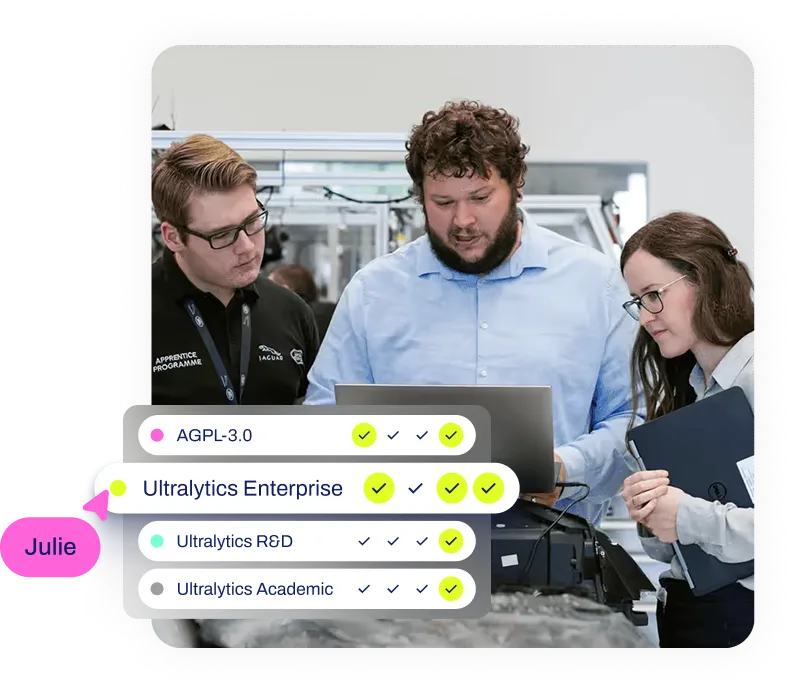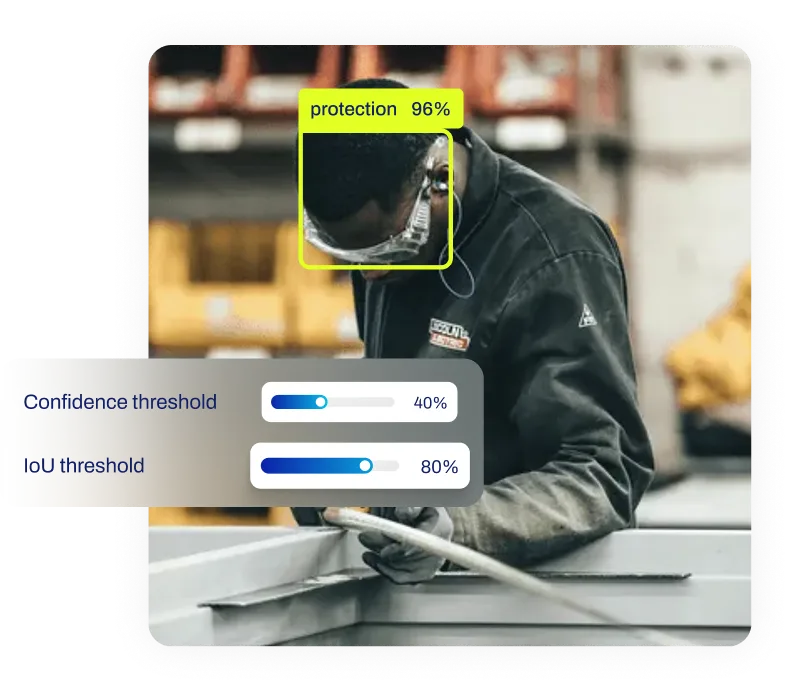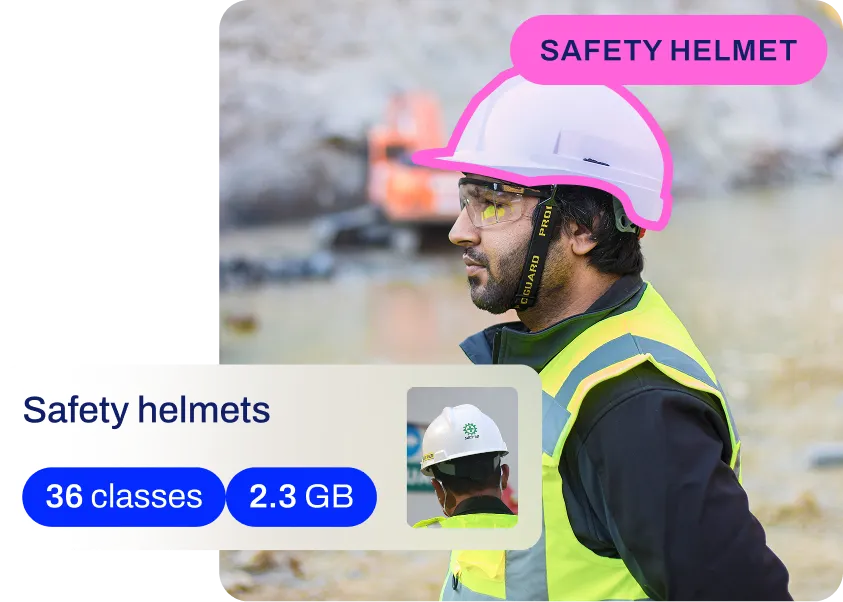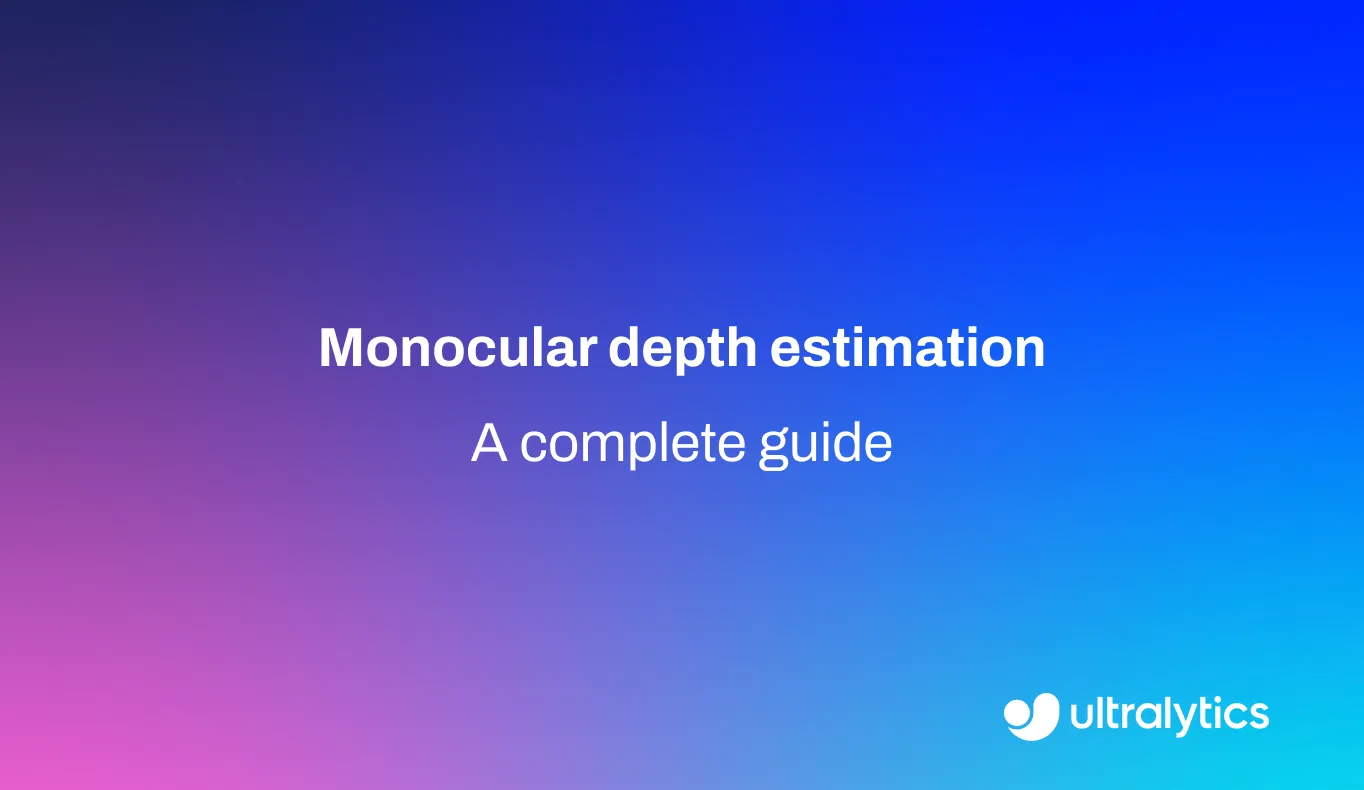Question Answering
Explore Question Answering (QA) in AI and NLP. Learn how systems extract factual answers from data and discover how Ultralytics YOLO26 powers Visual QA tasks.
Question Answering (QA) is a specialized field within artificial intelligence (AI) and natural language processing
(NLP) focused on building systems that automatically answer questions posed by humans in natural language. Unlike
traditional search engines that retrieve a list of relevant documents or web pages, a QA system attempts to understand
the intent of the user's query and provide a precise, factual answer. This capability bridges the gap between massive,
unstructured data repositories and the specific information needs of users, making it a critical component of modern
AI Agents and virtual assistants.
How Question Answering Works
At its core, a Question Answering system involves three main stages: question processing, document retrieval, and
answer extraction. First, the system analyzes the input query to determine what is being asked (e.g., a
"who," "where," or "how" question) and identifies key entities. Next, it searches
through a knowledge base—which could be a closed set of manuals or the open internet—to find passages relevant to the
query. Finally, it uses advanced techniques like
machine reading comprehension to pinpoint the exact answer within
the text or generate a response based on the synthesized information.
Modern QA systems often leverage
Large Language Models (LLMs) and
transformers like
BERT (Bidirectional Encoder Representations from Transformers)
to achieve high accuracy. These models are pre-trained on vast amounts of text, allowing them to grasp context,
nuance, and semantic relationships better than keyword-based methods.
Types of Question Answering Systems
QA systems are generally categorized by the domain of data they access and the modalities they support.
-
Open-Domain QA: These systems answer questions about nearly any topic, typically by accessing
massive datasets or the open internet. Examples include general queries posed to voice assistants like
Amazon Alexa or
Apple Siri.
-
Closed-Domain QA: These are restricted to a specific subject matter, such as legal documents or
medical records. By limiting the scope, these systems often achieve higher
accuracy and reduce the risk of
hallucination in LLMs.
-
Visual Question Answering (VQA): This advanced variation requires the system to answer questions
based on an image (e.g., "What color is the car?"). VQA necessitates
Multimodal AI that combines text processing with
Computer Vision (CV) to "see" and
"read" simultaneously.
Real-World Applications
The deployment of QA technology is transforming how industries interact with vast amounts of unstructured data.
-
Healthcare and Clinical Support: In the realm of
AI in healthcare, QA systems assist medical
professionals by quickly locating drug interactions, symptoms, or treatment protocols from repositories like
PubMed. Institutions like the
Allen Institute for AI are actively developing semantic scholars to accelerate
scientific discovery through better QA.
-
Enterprise Knowledge Management: Large corporations use internal bots equipped with QA capabilities
to help employees instantly find internal policy information or technical documentation, significantly improving
productivity compared to manual searching.
-
Automated Customer Support: By integrating
AI in retail, businesses deploy QA bots to resolve
specific user inquiries about order status or return policies, offering 24/7 assistance without human intervention.
The Visual Component: Bridging Vision and Text
For Visual Question Answering (VQA), the system must first identify objects and their relationships
within a scene. A high-performance object detection model acts as the "eyes" of the QA system. The latest
Ultralytics YOLO26 model is ideal for this task, offering
rapid and accurate detection of scene elements which can then be fed into a language model for reasoning.
The following Python example demonstrates how to use the
Ultralytics YOLO26 model to extract visual context (objects)
from an image, which is the foundational step in a VQA pipeline:
from ultralytics import YOLO
# Load a pre-trained YOLO26 model (latest generation)
model = YOLO("yolo26n.pt")
# Perform inference to identify objects in the image
# This provides the "visual facts" for a QA system
results = model("https://ultralytics.com/images/bus.jpg")
# Display the detected objects and their labels
results[0].show()
Related Concepts
It is helpful to distinguish Question Answering from similar terms in the machine learning landscape:
-
QA vs. Semantic Search: Semantic
search retrieves the most relevant documents or paragraphs based on meaning. QA goes a step further by
extracting or generating the specific answer contained within those documents.
-
QA vs. Chatbots: A chatbot is a
conversational interface. While many chatbots use QA to function, a chatbot handles the dialog flow (greetings,
follow-ups), whereas the QA component handles the retrieval of facts.
-
QA vs. Text Generation: Text
generation focuses on creating new content (stories, emails). QA is focused on factual accuracy and retrieval,
though generative models like
Retrieval Augmented Generation (RAG)
are often used to format the final answer.
The evolution of QA is heavily supported by open-source frameworks like PyTorch and
TensorFlow, enabling developers to build increasingly sophisticated systems
that understand the world through both text and pixels. For those looking to manage datasets for training these
systems, the Ultralytics Platform offers comprehensive tools for
annotation and model management.










.webp)